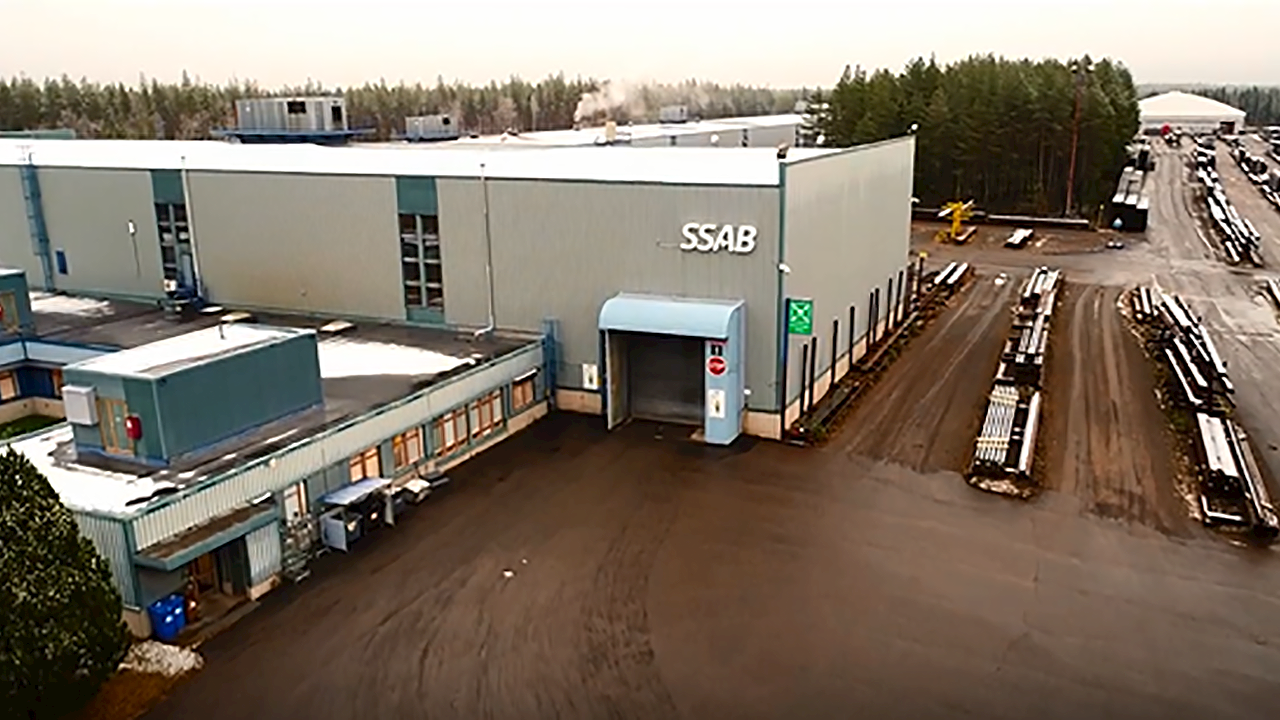Sintering is a key process in the production of steel, as it transforms raw materials into a more consistent and higher-quality product that is essential for creating a wide range of steel products. Steel plants around the world rely on sintering technology to create the necessary ingredients for steel production, and recent advancements in this area have helped plants become more efficient and economically viable.

What is Sintering?
Sintering is the process of combining raw materials, such as iron ore, coke, and limestone, at a high temperature to create a fused mass that can then be processed into steel. The process involves heating the raw materials to a point where they begin to melt and then slowly cooling them to create a porous, hard material known as sinter.
The sintering process is essential for steel production as it provides a consistent and uniform composition of raw materials. This allows for better control and accuracy during the melting and refining process, resulting in a higher-quality finished product. Sintering also helps to reduce waste and overall costs by allowing steel plants to reuse and recycle materials.
Sinter Plants Around the World
There are approximately 150 sinter plants operating around the world, with the majority located in Asian countries such as China and India. These plants are responsible for producing millions of tons of sinter each year, which is then used for steel production.
Sintering technology has come a long way in recent decades, with advances in materials science and engineering leading to more efficient and effective sintering processes. These advancements have helped steel plants to become more economically viable and environmentally sustainable.
Improving Production with Sintering Technology
One example of a steel plant that has benefited from advances in sintering technology is a German plant that recently installed a new sintering system. The new system uses advanced computer modeling and simulation techniques to optimize the sintering process, resulting in higher-quality and more consistent sinter.
The German plant has also implemented a real-time monitoring system that allows operators to track the sintering process and make adjustments in real-time. This has led to a more efficient and cost-effective production process, as operators can quickly identify and address any issues that arise.
The Importance of Quality and Consistency
The quality and consistency of sinter are crucial to the overall success of steel production. Inconsistent sinter can lead to a host of issues, including uneven melting and refining, which can result in a lower-quality finished product. It can also increase costs and waste, as operators may need to discard or recycle unusable sinter.
Steel plants that focus on improving the quality and consistency of their sinter using advanced technologies like computer modeling and real-time monitoring systems stand to benefit from increased efficiency, cost savings, and higher-quality finished products.
Conclusion
Sintering technology plays a critical role in the production of steel, providing a uniform and consistent composition of raw materials that is essential for creating high-quality finished products. Advances in sintering technology, such as computer modeling and real-time monitoring systems, have helped steel plants become more efficient and cost-effective, resulting in improved productivity and higher-quality finished products. With continued investment in sintering technology, steel plants can continue to improve their production processes and remain competitive in the global market.
